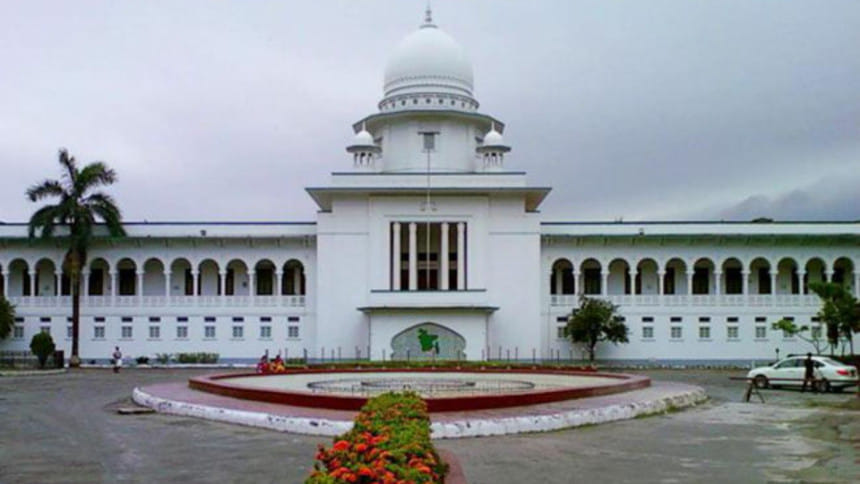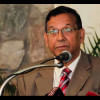Wealth Information: SC judges need to submit it for accountability

The practice of submitting wealth statements by the Supreme Court judges to the chief justice has been stalled for the last eight years.
In 2011, the then chief justice ABM Khairul Haque requested the SC judges to start the practice for the sake of transparency and accountability.
Lower court judges submit their wealth statements to the SC through the law ministry every three years. It is mandatory for them, but there is no such rule for the SC judges.
With allegations of irregularities in the judiciary being raised sometimes, some eminent jurists have opined that all the judges of the Appellate and High Court divisions of the SC should submit their wealth statements to the chief justice.
Some jurists further said if the wealth statements of the SC judges are disclosed to the people, the prestige and dignity of the SC and the public faith in the judiciary will be greatly enhanced.
On December 30, 2010, Justice Khairul Haque submitted his wealth statement to the then president Zillur Rahman. At a meeting on January 3, 2011, Justice Khairul urged all the judges of the two divisions to submit wealth statements to his office.
SC sources said Justice Surendra Kumar Sinha, the then senior judge of the Appellate Division, and 17 judges of the HC Division had submitted their wealth statements to Justice Khairul, who sent those to the president’s office.
Justice Sinha became chief justice and later retired.
Justice Khairul retired on May 17, 2011, and Justice Md Muzammel Hossain was sworn in as chief justice the next day.
The Appellate Division now has seven judges, including Chief Justice Syed Mahmud Hossain. The HC division has 92 judges.
Attorney General Mahbubey Alam told The Daily Star on May 27, “I think all the judges of the Appellate and High Court divisions of the Supreme Court should disclose their wealth statements for the sake of transparency like some judges had done in 2011”.
Earlier on February 4 last year, speaking at a function organised to accord felicitations to newly appointed Chief Justice Syed Mahmud Hossain, the attorney general cited irregularities in the judicial and administrative func-tions of the HC division.
On May 27 this year, Supreme Court Bar Association (SCBA) President Advocate AM Aminuddin told this correspondent what Justice Khairul as the chief justice had done was a very good initiative.
There is no constitutional obligation for the chief justice to submit his wealth statement and to ask other judges to do it, yet the present chief justice may motivate other judges on this, he said.
“I think if the Supreme Court judges disclose their wealth statements, the judiciary of Bangladesh will go one step forward … dignity and prestige of the judiciary will be enhanced.”
Eminent jurist Dr Shahdeen Malik told this correspondent on May 29 that the SC judges may want to set a marvellous example by submitting their wealth statements to the chief justice.
“They should encourage accountability not only of other judges but also of the persons holding high posts in the republic.”
Khurshid Alam Khan, senior prosecutor for the Anti-Corruption Commission and the editor of Dhaka Law Reports, said of course the SC judges should submit their wealth statements to the chief justice and the statements should be made public.
“If the Supreme Court judges submit their wealth statements and if those are disclosed to the public, transparency of the judiciary and people’s faith in the judiciary will rise to a very high level.”
Replying to a query, SC Registrar General Dr Md Zakir Hossain told The Daily Star on May 27 that all the judges including the chief justice submit statements about their wealth in their annual income tax returns to the National Board of Revenue.
The officials drawing salary of over Tk 16,000 per month must attach their wealth statements to their income tax returns, otherwise they will not get salary, the registrar general said.
“The judicial officials [lower court judges] submit their detailed wealth statements every three years,” he added.
“But there is no specific rule for the Supreme Court judges for disclosing wealth or submitting wealth statements to the chief justice.”

 For all latest news, follow The Daily Star's Google News channel.
For all latest news, follow The Daily Star's Google News channel. 








Comments